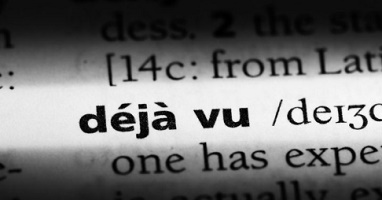What are the ISO standards?
We explain what ISO quality control standards are and what they are for. In addition, its history and which are the most important.
-
What are the ISO standards?
The ISO standards are a set of regulations and universal application provisions, which are intended to guarantee minimum quality conditions, delivery times and service levels in different types of companies and organizations.
These standards, whose most recent version is the ISO 9000 family, are a set of quality control and quality management standards . They were developed by the International Organization for Standardization ( ISO ): International Standardization Organization .
These standards are applicable to different types of organizations , and they are granted a set of certifications if they meet the requirements established in these standards. There are certification entities that define whether or not to comply with ISO standards, perform audits to provide the corresponding certificate or make requirements prior to its granting.
The ISO standards were born together with the ISO in 1947 , from previous attempts at standardization such as the ISA and the UNSCC. Since then 19,500 ISO standards have been created to cover virtually all aspects of manufacturing and technology , through a constant review and update process that leads to today.
-
What are ISO standards for?
Organizations that comply with the provisions of the ISO standards will have a certification that guarantees them against their clients, granted by the entities that administer the standardization or standardization of processes worldwide.
Having the ISO certificate is synonymous with minimum operational excellence for international standards in the area to which the organization is dedicated. On the other hand, ISO standards seek to create a minimum framework of organizational requirement and endorsement through the creation of an ISO method that is internationally valid.
-
What are the most important ISO standards?

Each ISO standard has to do with specific aspects and specific topics. The most used ISO standards in the world are:
- ISO 9000 . Dedicated to the standardization of production and through the application of a controlled method, ISO guarantees the quality of what is produced, also allowing the same criteria to be used in different countries to assess such quality.
- ISO 14000 . It is aimed at environmental management and care of the environment , ie to achieve production with the least environmental impact possible.
- ISO 18000 . It is focused on regulating aspects of occupational safety and health systems for different areas of work, reducing accidents and putting the integrity of the worker .
- ISO 22000 . It is a safety standard in food production , which guarantees its proper preservation and its biological or chemical contamination. Following their standards, the consumer would have to correctly receive the food they eat.
- ISO 31000 . It is aimed at the risk management system of organizations from a general perspective: it is impossible to detail how to handle each specific risk , since this depends largely on the particular organization, but it is possible to design global strategies for managing occupational risks.
- ISO 28000 . It is focused on the distribution chain of products already made and standardizes the procedures for this, minimizing the risks of the transport chain.
- ISO 26000 . This standard provides the minimum social responsibility standards essential for any form of company or productive organization.





